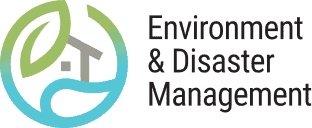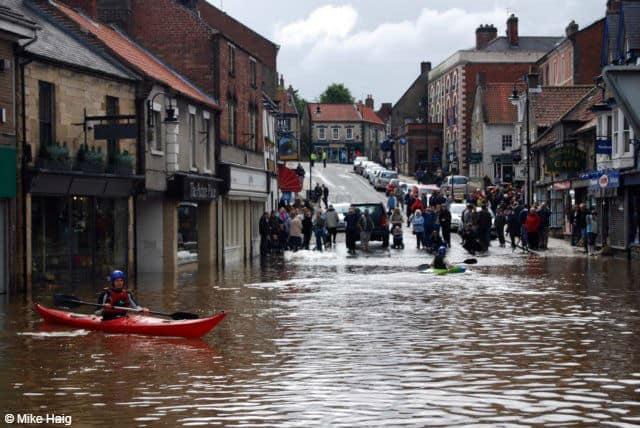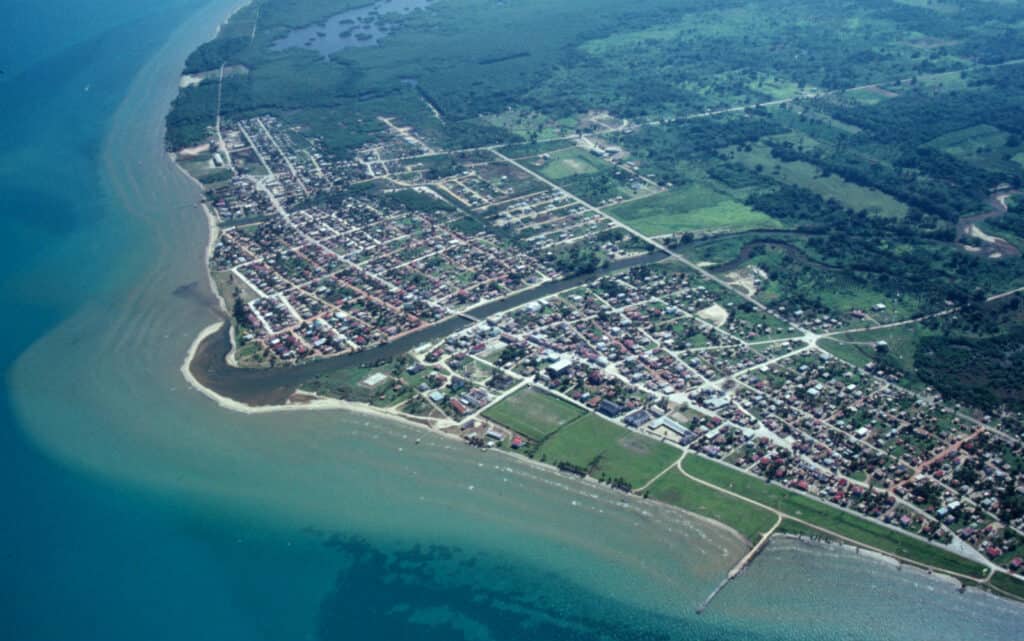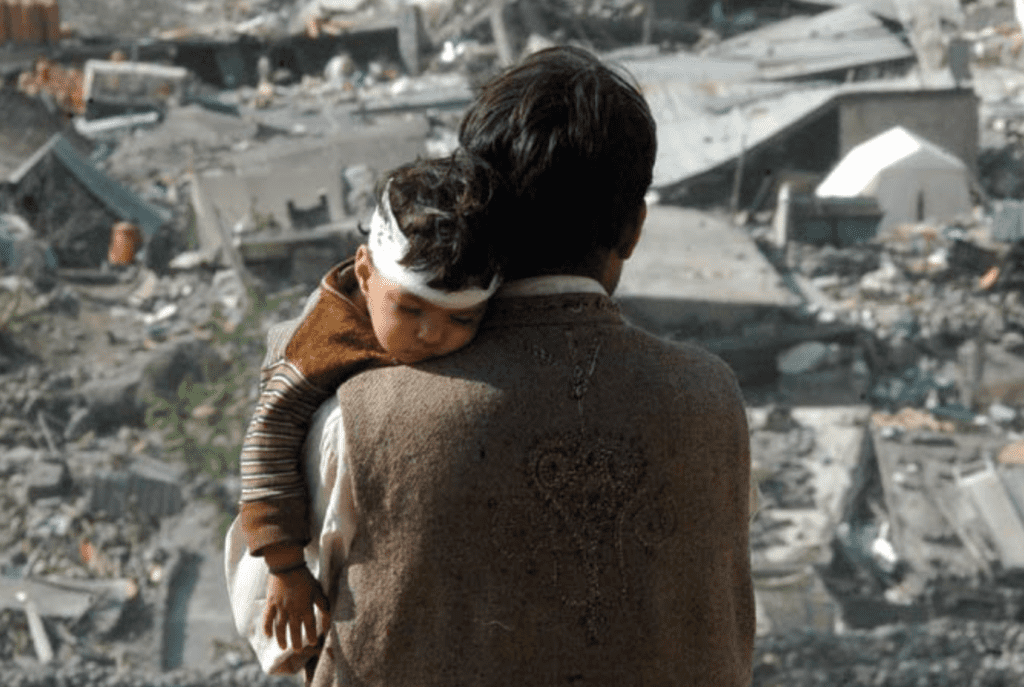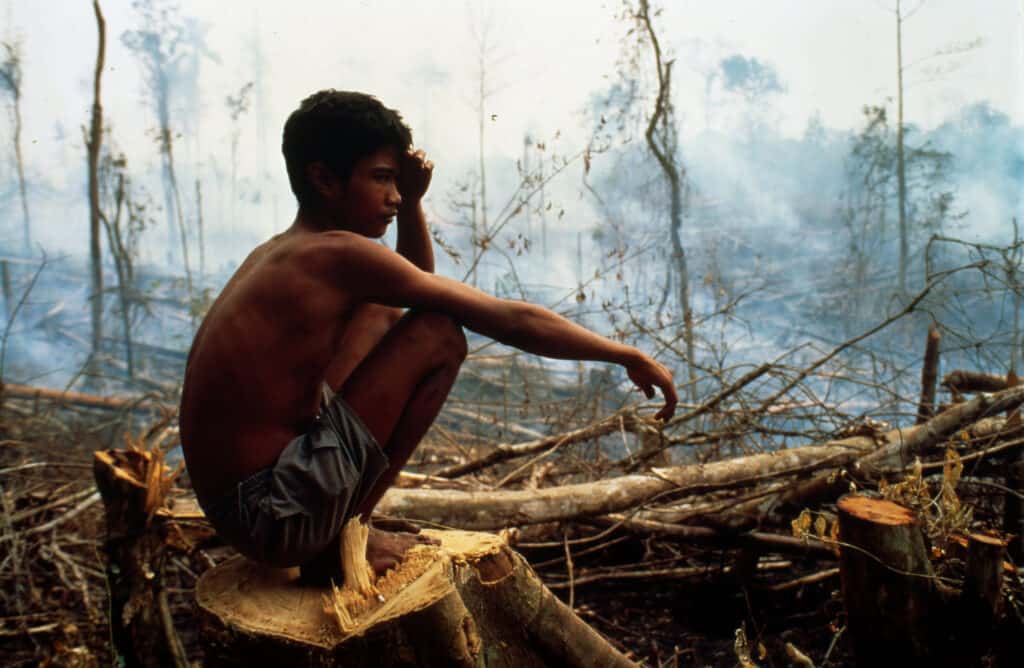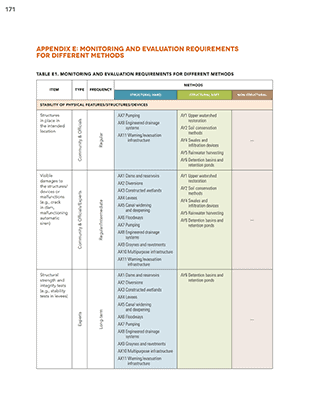Posts by wwfedm
Bridging the Gap Between Flood Science and Communities
Community engagement and participation is an essential component of successful flood risk management. Communities that are engaged in flood risk management projects can contribute local knowledge based on their experience living with floods, helping to improve models and risk reduction techniques to reflect local realities. Pickering, United Kingdom In 2007, the small town of Pickering, in…
Read MoreOpportunities for climate-compatible coastal tourism: Lessons from Belize
Climate change is affecting coastal ecosystems globally, with severe implications for developing countries that are heavily reliant on their natural resources for economic growth. In Belize, coral reefs, mangroves and beaches are the cornerstone of the tourism industry, while coastal communities rely on mangrove- and reef-based fisheries for food and income. The growth of the…
Read MoreIntern with the WWF EDM team
World Wildlife Fund (WWF), the world’s leading conservation organization, seeks a part-time graduate intern to work during the Fall 2016 semester for the Environment & Disaster Management program. The EDM program works to ensure that disaster recovery, reconstruction and risk reduction efforts include environmentally responsible considerations. Internship Description: WWF is currently seeking a graduate intern with…
Read MoreThe 7th International Conference on Sustainable Built Environment 2016
WWF EDM will be presenting our paper “Environmentally responsible selection and management of construction materials in disaster reconstruction.” Find out more and register.
Read MoreCities and Flooding A Guide to Integrated Urban Flood Risk
Development of a Public Partnership Framework for DRR in Asia – UNISDR (2009)
Further Integrating the Environment and Humanitarian Action
Inspired by the Environment in Emergencies Forum 2015 in Oslo a discussion has emerged on how to better embed the environment into humanitarian action. While policy and logic demand this, practice has been slow in evolving, to the detriment of disaster survivors. A 2014 report produced by UNEP/OCHA clearly and explicitly discusses the impact of…
Read MoreFlood Hazard Typology
Appendix A excerpt from the Natural and Nature-based Flood Management: A Green Guide. For more information and full chapter content visit: https://envirodm.org/flood-management
Read MoreCommon Master Plan Elements and Zoning Regulations Used for Flood Risk Management
Appendix F excerpt from the Natural and Nature-based Flood Management: A Green Guide. For more information and full chapter content visit: https://envirodm.org/flood-management
Read MoreMonitoring and Evaluation Requirements for Different Methods
Appendix E excerpt from the Natural and Nature-based Flood Management: A Green Guide. For more information and full chapter content visit: https://envirodm.org/flood-management
Read More